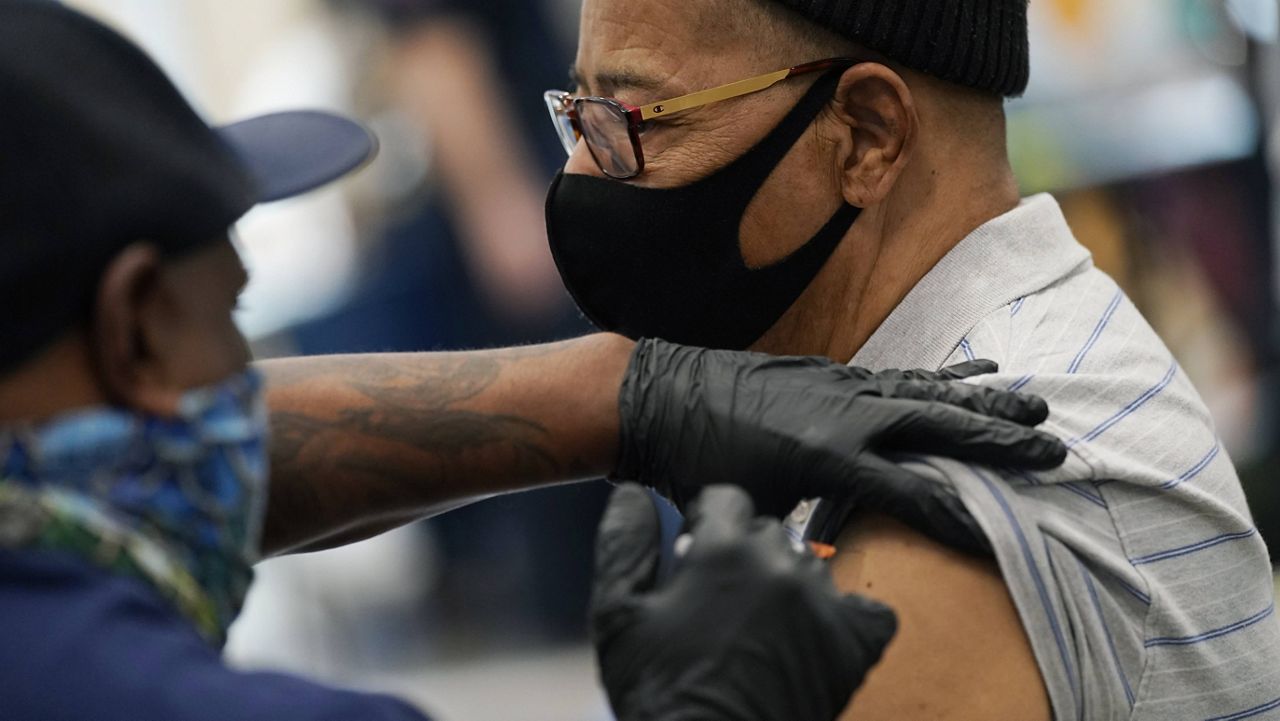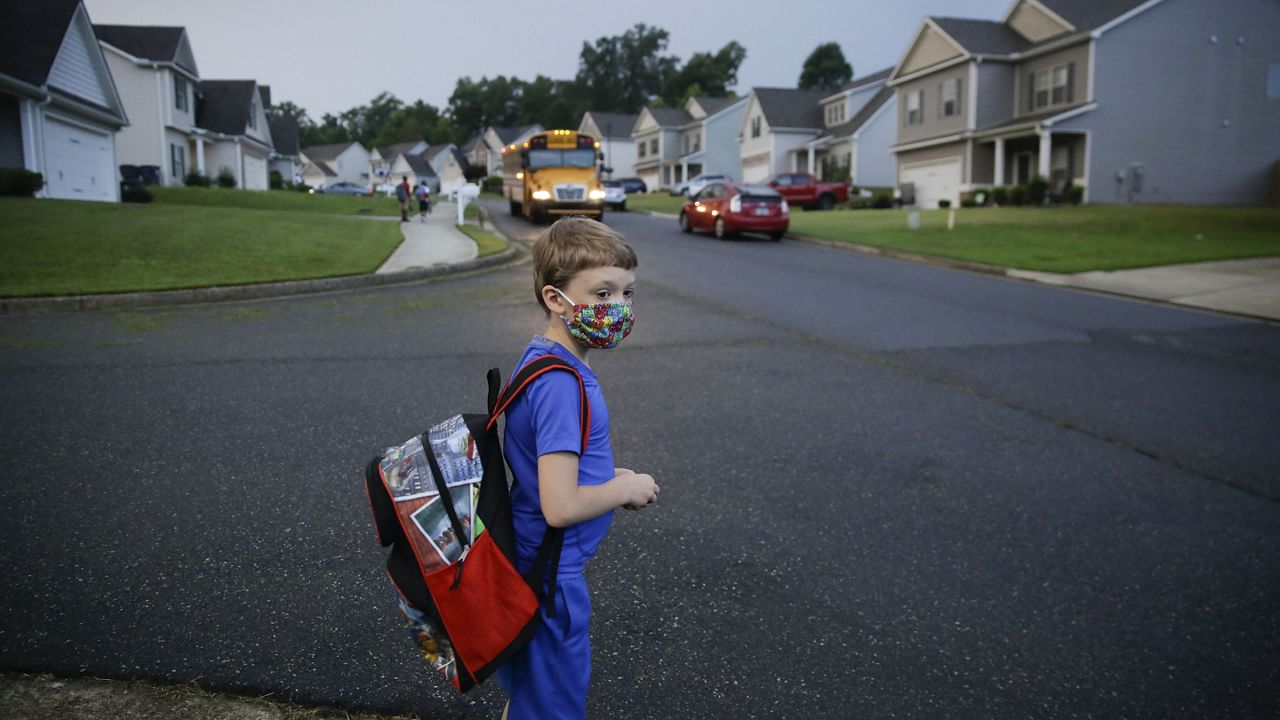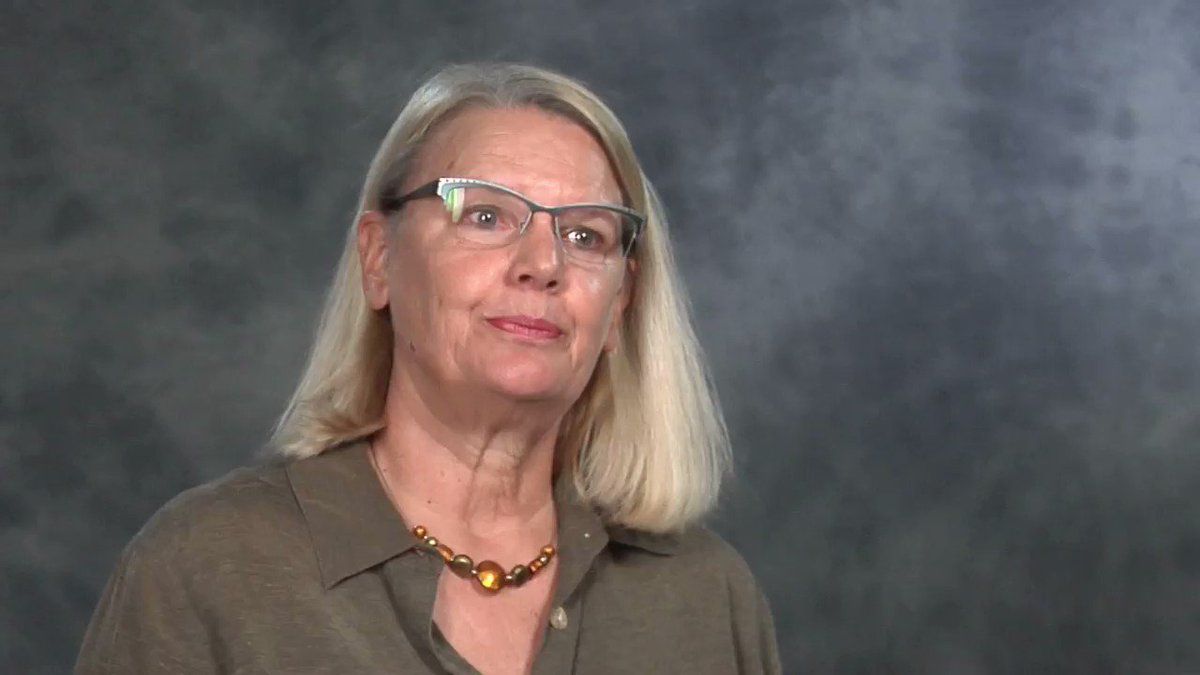COLUMBUS, Ohio — “Russ was a fireman's fireman. He lived this job. He breathed this job. And this job killed him,” said Bill Mastroianni, best friend to Russel Brode.
The emotions are still raw for Mastroianni seven months after Akron firefighter Brode, who succumbed to non-Hodgkin’s lymphoma last summer.
“Russ was diagnosed a few years ago with occupational cancer, and he fought. He fought daily. Boots on the ground to try and make this job safer for all of us for generations to come,” said Mastroianni.
Mastroianni, a firefighter himself, is director of operations at the Ohio Association of Professional Firefighters (OAPFF), where his friend was once a legislative committee member. The OAPFF represents about 95% of firefighters in Ohio.
Before Brode’s death, the pair worked to pass the Michael Louis Palumbo Jr Act in 2017, which allowed firefighters diagnosed with certain types of cancer to file for workers compensation.
A multi-year study by the Centers for Disease Control and Prevention's National Institute for Occupational Safety and Health found firefighters had a greater number of cancer diagnoses and cancer-related deaths, and most were digestive, oral, respiratory and urinary cancer. They also found twice as many firefighters suffered a rare type of cancer caused by exposure to asbestos.
The National Firefighter Protection Agency is a nonprofit that advocates for fire safety Technical Lead Curt Floyd said while there is no one particular area of the country experiencing more cancer cases, it appears the state of Florida got the ball rolling six years ago with cancer coverage legislation
Floyd said more fire departments across the country are putting into place preventative measures to limit the exposure and contamination.
“They’re basically just hosing down that stuff that gets onto your gear. Then they take their mask off, and they remove their PPE, and they bag it up. And they take and they’ll use baby wipes, and then they’ll wipe down their skin areas that have had exposure,” said Floyd.
And then there are dangers inside the firehouse itself.
Mastroianni is working on a FEMA grant to help with exhaust from firetrucks' Diesel engines.
“Diesel fuel and diesel emissions are acoustic, they cause cancer. The particles go out throughout the entire department into living areas, sleeping areas (and) into the kitchen. It sits on everything, then we contact it, we breathe it in, we ingest it,” said Mastroianni.
While cancer may have taken Russell Brode, Mastroianni, along with the OAPFF and Akron Fire Fighters Association Local 330, hope to honor his legacy with education and action.
“We spend ourselves in a worthy cause. We kill ourselves every day to protect the public. And from the union side of it, we kill ourselves every day to protect our brother and sister fire fighters,” said Mastroianni.
The CDC set up the National Firefighter registry last year to gather information from firefighters around the country about cancer trends and risk factors.
The voluntary program is expected to analyze the data and offer results of its survey beginning in 2024.









